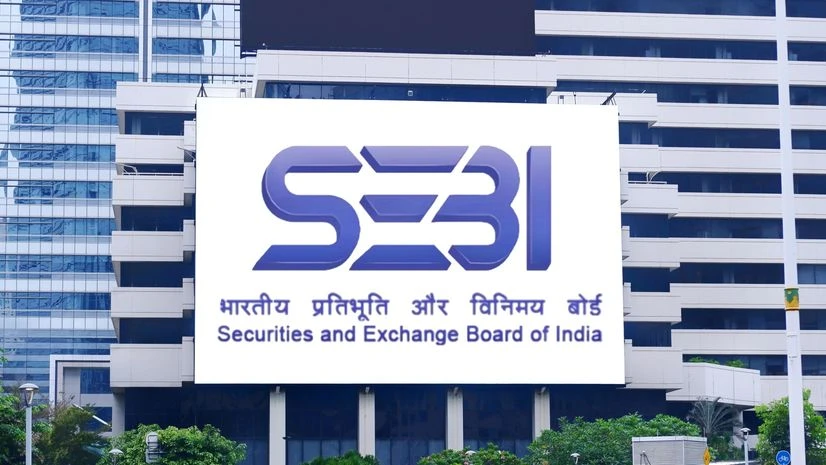India’s securities regulator, SEBI, is investigating six investment banks over high fees related to small business IPOs, which are reportedly reaching 15% of funds raised—far above the typical 1-3% range. This investigation, which started earlier this year, aims to combat malpractice in a booming IPO Market. SEBI is concerned that these inflated fees encourage artificial oversubscription of offerings, where large bids are placed but later canceled, misleading other investors. With over 60 banks involved in these small business listings, SEBI plans to enhance regulations to ensure more transparency and investor protection in future IPOs.
India’s securities regulator, the Securities and Exchange Board of India (SEBI), is currently investigating six domestic investment banks due to concerns over their practices in the booming IPO Market for small businesses. According to sources familiar with the situation, SEBI started these probes earlier this year, particularly focusing on the unusually high fees some banks have been charging, which can reach as much as 15% of the funds raised. This is significantly above the typical fees of 1-3% commonly practiced in the industry.
These investigations have emerged in the context of SEBI’s increased warnings about the risks of investing in small businesses, alongside plans for stricter regulations concerning such IPOs. SEBI’s initial findings indicate that these high fees may be aimed at prompting oversubscription of the offerings—an act that potentially skews the true demand.
In India, smaller firms, which typically have an annual turnover ranging from 50 million to 250 crore rupees (approximately $600,000 to $30 million), list their shares on specific sections of the Bombay Stock Exchange (BSE) and the National Stock Exchange (NSE). These listings entail fewer disclosure requirements compared to larger IPOs, which undergo more rigorous scrutiny by SEBI.
As part of its regulatory measures, SEBI has already implemented a cap on the first-day gains for small firm IPOs at 90%. Officials, including SEBI senior member Ashwani Bhatia, have acknowledged that the current system lacks adequate checks and balances, signaling the need for reform.
In the last fiscal year, small firms raised 60 billion rupees, a substantial increase from the 2,200 crore raised the previous year. The trend has continued into this year, with more than two-thirds of recent offerings being oversubscribed.
SEBI plans to introduce new guidelines to ensure greater transparency and accountability among these smaller companies and their financial backers.
As the investigation unfolds, regulators are calling on auditors and exchanges to be more vigilant, ensuring no company can list if there are inconsistencies in their IPO documentation.
For further insights into the evolving landscape of IPOs in India and SEBI’s regulatory initiatives, stay tuned for more updates.
Image source: Shutterstock
Tags: SEBI, IPO, investment banks, small businesses, regulations, financial markets, India news, corporate governance
What is SEBI doing with local investment banks?
SEBI is investigating six local investment banks to check how they handled small initial public offerings (IPOs).
Why is SEBI probing these investment banks?
SEBI wants to ensure that these banks are following the rules and protecting investors in small IPOs.
What are small IPOs?
Small IPOs are when companies raise money by selling shares to the public for the first time, usually for smaller amounts compared to big companies.
How does this probe affect investors?
If the investment banks are found to have done something wrong, it could lead to better protections for investors in the future.
What could happen if these banks are found guilty?
If found guilty, the banks may face penalties from SEBI, which could include fines or restrictions on their ability to handle future IPOs.
)






